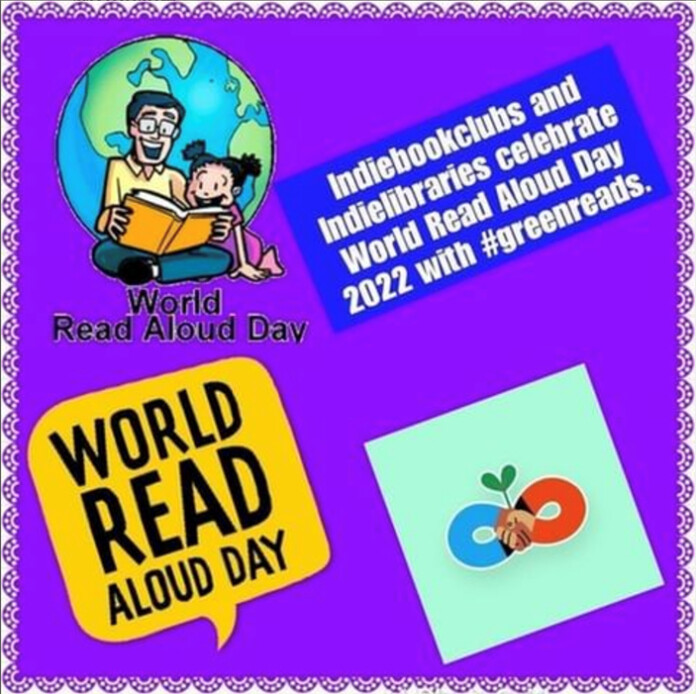On 2 February, World Read Aloud Day (WRAD), a group of children’s book clubs and libraries all across India began a month-long programme on social media, reading books on the environment for children. Tagged #greenreads, this initiative is the brainchild of Archana Atri, who revolutionised children’s book clubs in India with AA’s Book Nerds, one of the earliest individual-led initiatives in Delhi-NCR to encourage reading among children for the joy it brings.
The moderator of the children’s jury at the first edition of the Green Literature Festival (GLF), she followed her stint by reading the books listed by the festival with the children at her book club. She also connected with a few other book club hosts and children’s libraries to ask if they were reading and discussing books on the green theme and if they had books they’d recommend. To make the exchanges simpler, she set up a Whatsapp group called Green Reads towards the end of December 2021.
In February, on the occasion of WRAD, they all came together to begin posting read alouds of green books on their social media handles with the ‘greenreads’ hashtag. Gratifyingly, many people in the kidlit space and other enthusiasts joined them in reading books on this theme and tagging their readings as #greenreads. All these readings were shared as stories on the Instagram handle of GLF, which helped to amplify the initiative.
Talking of the importance of this literature, Archana says, “Green literature is particularly significant in contributing to the growth of an ecological conscience among children, with knowledge of the past, awareness of the present and recognition of what the future holds. ‘Green Reads’, therefore, is an initiative that seeks to consciously popularise such literature by bringing together various ‘reading champions’ in a child’s world.”
She also observes that book selections at most book clubs and libraries focus largely on fiction as it is deemed to be a more popular tool to hook young readers and encourage an empathetic connection with environmental issues. Non-fiction tends to be ignored, as it’s erroneously limited to the domain of school-work. However, while shadowing the books listed by the festival, the children at her book club read their first non-fiction books and she was surprised to see how well they took to it. “I realised that children necessarily need to read non-fictional books on the environment to get more factual information that clears misconceptions and misinformation, makes readers more aware of what the future holds and prods them to ask the right questions. There’s a lot of diversity in non-fiction on the environment for children. It is written simply and honestly and engages children to be aware of real-world issues that can’t be brushed aside.” As part of her #greenreads initiative, she has held in-depth book discussions around green literature with the children at her book club and has invited different authors for these. On 26 February, she was also part of the GLF panel, Taking Green Lit to Kids: Indie Book Clubs and Libraries, together with Harshikaa Udasi, Founder of the travelling Book Trotter’s Club, Ruchi Dhona, Founder of Let’s Open a Book (Spiti Valley) and Sudeshna Shome Ghosh, Co-Founder of the Cosy Nook Library (Bengaluru).
Book Clubs & Libraries in the #Greenreads initiative
Shefali Shridhar of Potli Shefali ki, Ludhiana
Shefali Malhotra at Bukmuk Library
Anisha Tulsian Bajaj from Kidzalaya, Mumbai
Jyoti Narayan of Reade: Books to Enjoy, Explore and Express, Mumbai
Lakshmi Mitter of Talking Circle, Chennai
Nidhi Agarwal of Wee Read, Faridabad
Tina Bakhtiani of Nest & Den library and book club, Vadodra
Varsha Seshan’s reading program










